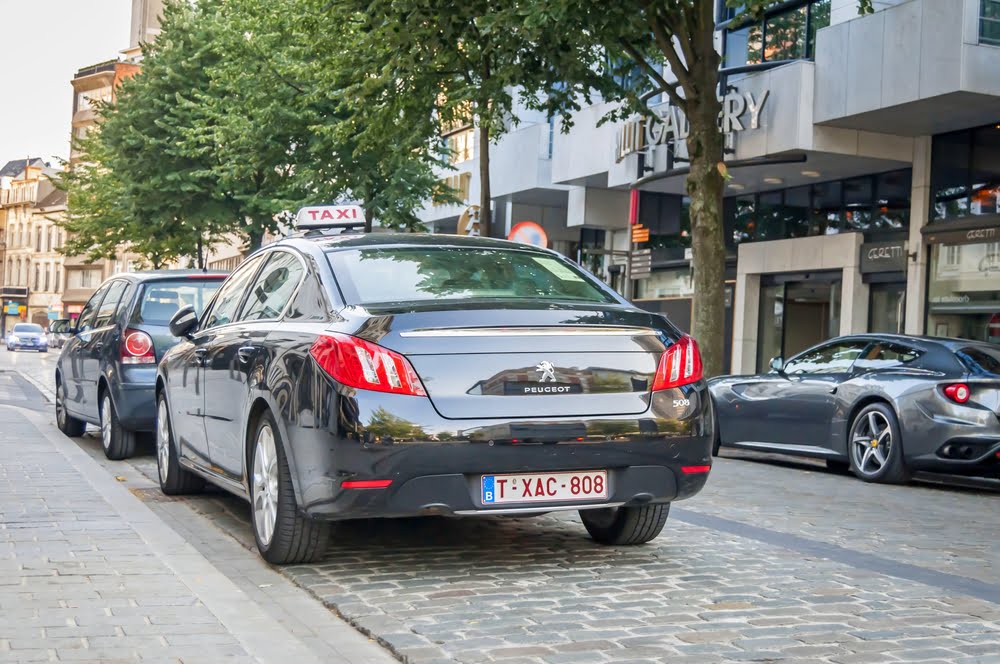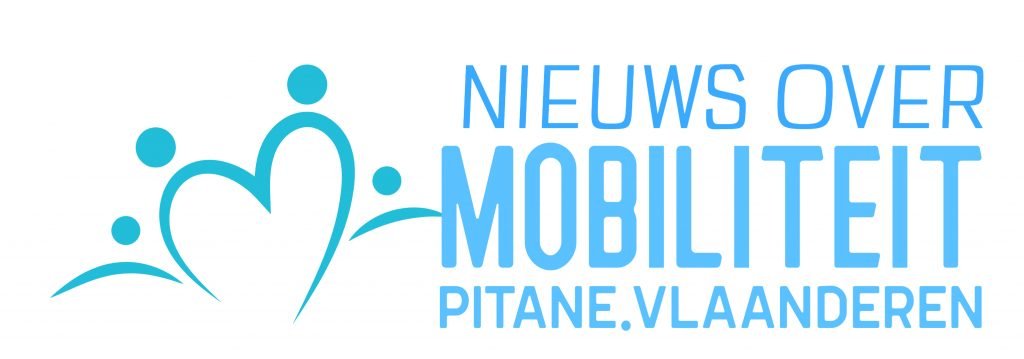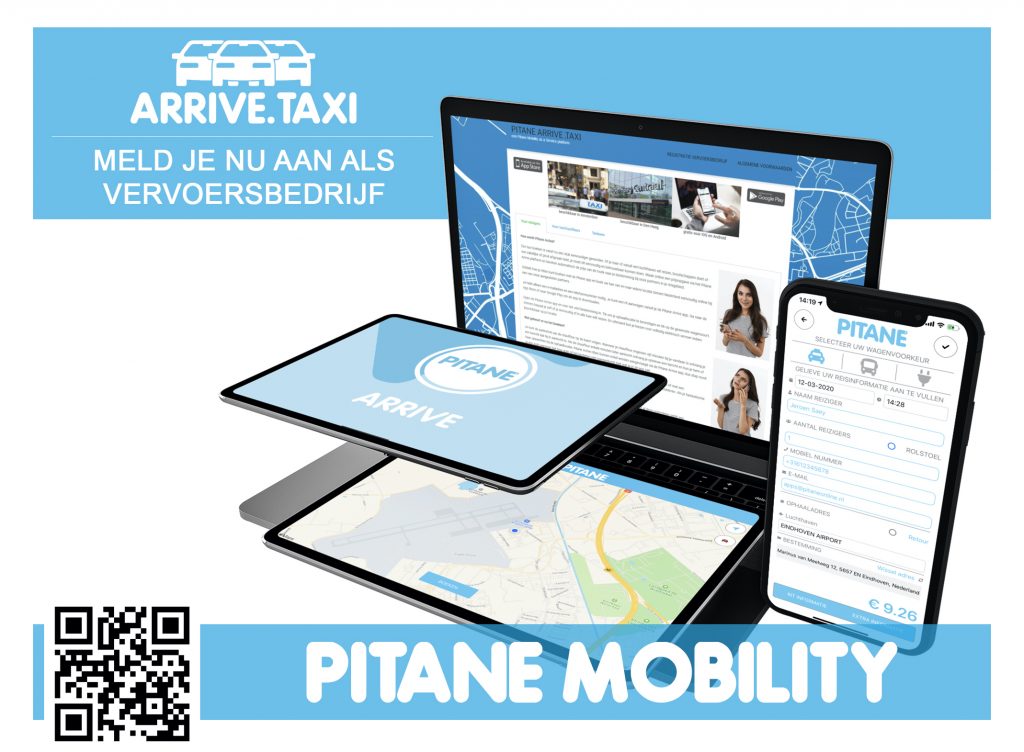Flemish mobility will change enormously in the coming years, also due to the corona virus and the challenge to ensure safe movements. Digital solutions and the combination of different modes of transport will play an important role in mobility services in the future. To facilitate this modal shift, the Flemish government has now developed a data standard for smart digital mobility platforms.
This will enable governments and private players to exchange information more easily, making it easier and safer to switch from one mode of transport to another. The city of Antwerp is the first to work with this standard for its subsystems without a fixed parking infrastructure.
important step in evolution towards mobility as a service
The development of this data standard fits within Basic Accessibility. That is the new, demand-driven Flemish vision on mobility where combobility is central: combining different modes of transport. Flanders is evolving from ownership of a car to 'mobility as a service' or the use of mobility services when you need them. In future, travelers will increasingly get off the car and use multiple transport alternatives, both public transport and private services (car and bicycle parts, taxi services, etc.). In addition, they will increasingly plan and pay for their trip digitally.
nice cooperation between the Flemish government and the city of Antwerp
The standard was developed on the initiative of the Department of Mobility and Public Works and the city of Antwerp, in collaboration with the mobility sector. Information Flanders, the digitization agency of the Flemish government, realized the standard in collaboration with research and innovation hub imec and ITS.be, a non-profit organization that facilitates the transition towards sustainable mobility. The City of Antwerp is the first government to apply this standard in practice for its subsystems without a fixed parking infrastructure, or the 'free floating' shared bicycles, shared scooters and shared scooters that are available in the Antwerp streets.
focus on modal shift to sustainable means of transport
The Department of Mobility and Public Works of the Flemish government needs this semantic standard to set up a mobility center that will be piloted in autumn 2021. The user will be able to call on that center to plan, book and pay for journeys for customized transport such as shuttle buses, shared bicycles and cars and collective taxis. At the same time, it will also give direction to and exchange information with the apps of train, tram and bus services and subsystems.
“In Flanders, a mental and modal shift is required to make the transition to sustainable means of transport and sharing and combination mobility. This data standard is an important step in basic accessibility and essential for customized transport. There is now a common standard for exchanging information between all providers. We are thus preparing Flanders for the mobility of tomorrow ”, says Flemish Minister of Mobility and Public Works Lydia Peeters.
data as a fuel for digital transformation
This standard fits into the standard program OSLO (Open Standards for Linking Organizations) of the Information Flanders. In this, organizations in Flanders are committed to clear standards for the exchange of information so that everyone can use data more easily.
“Data will also become an important fuel for mobility. This is a good example of how digital transformation can also take place in other social sectors: a collaboration between government and private, with standards as an agreement framework and devised from the citizen ”, says Flemish Prime Minister Jan Jambon.
Antwerp pioneer in smart mobility
Residents and visitors to Antwerp can already choose from a wide range of mobility solutions. The Maas concept contributes to this by bundling various mobility solutions in one app. Various MaaS applications and subsystems are already active in Antwerp, and efforts are being made to further expand this ecosystem, together with the sector. Standards are crucial in this. The City of Antwerp is decisive in terms of content and is the first to jump on board. Thanks to its experience in smart mobility and Mobility-as-a-Service, the city actively contributes to the design of the model and the mapping of existing standards.
“How can people move smoothly, sustainably and safely is a question that is more topical than ever. In Antwerp, we want to strengthen the mobility providers and the MaaS operators and make integrations as simple as possible. By co-seeding the OSLO standards program, Antwerp confirms its pioneering role in the field of smart mobility with the aim of achieving a strong modal shift. ”, Says Koen Kennis, Alderman for Mobility in Antwerp
Photo: Department of Mobility and Public Works
Also read: COVID- 19 hits Mobility as a Service (MaaS) hard in Europe




